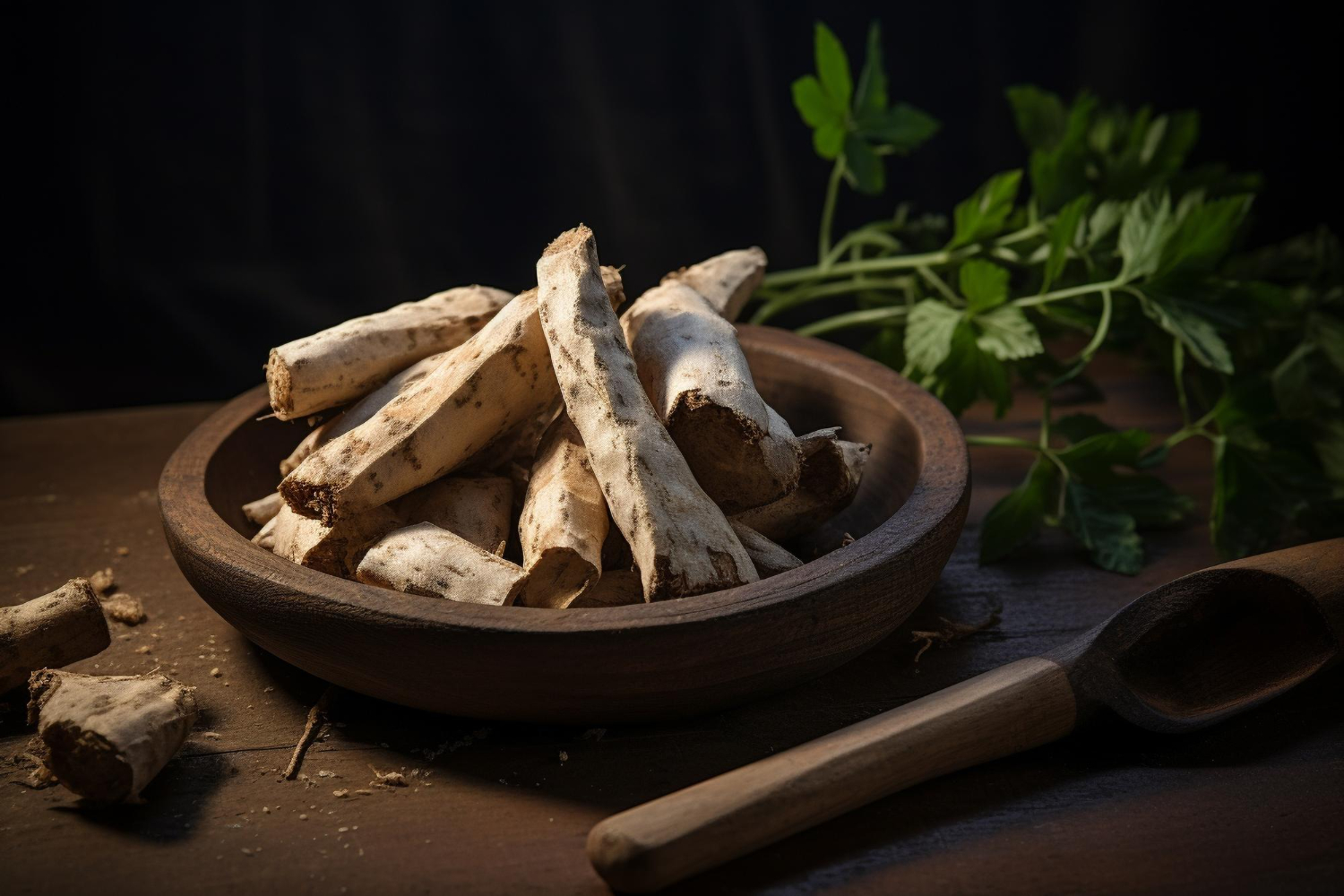The Medicinal Benefits of Agarwood: Nature's Healing Treasure
Agarwood, also known as oud, is a highly valued resinous wood known for its distinctive fragrance and therapeutic properties. Originating from the Aquilaria tree, this precious wood has been used for centuries in traditional medicine and religious rituals. Recent scientific studies have begun to uncover the full spectrum of its medicinal benefits, making it a sought-after natural remedy in modern holistic health practices.

What is Agarwood?
Agarwood is formed when the Aquilaria tree becomes infected with a specific type of mold. In response to the infection, the tree produces a dark, aromatic resin, transforming its heartwood into agarwood. This transformation process can take several years, contributing to the rarity and high value of agarwood.
Historical Significance
Historically, agarwood has been used in various cultures for its spiritual and medicinal properties. In traditional Chinese medicine, it is known as "Chen Xiang" and is used to treat a range of ailments, from digestive issues to respiratory problems. In Ayurveda, it is prized for its calming and grounding effects, often used in meditation and spiritual practices.
Medicinal Properties of Agarwood
The medicinal benefits of agarwood are vast and multifaceted, making it a valuable addition to natural medicine.
1. Anti-inflammatory and Antimicrobial Effects
Agarwood oil has been shown to possess strong anti-inflammatory and antimicrobial properties. These properties make it effective in treating skin conditions, such as eczema and acne, by reducing inflammation and preventing infection.
2. Pain Relief
Agarwood is renowned for its analgesic properties. It is often used in traditional medicine to alleviate pain, particularly in conditions such as arthritis and muscle soreness. The active compounds in agarwood help to reduce pain and improve mobility.
3. Digestive Health
Agarwood has been traditionally used to promote digestive health. It aids in the treatment of digestive disorders like indigestion, bloating, and gastritis. The wood's natural compounds help to soothe the gastrointestinal tract, enhancing overall digestive function.
4. Respiratory Health
Agarwood's expectorant properties make it beneficial for respiratory health. It is used to treat conditions such as asthma, bronchitis, and other respiratory infections. The wood's compounds help to clear mucus and ease breathing.
5. Mental Health Benefits
Agarwood is also known for its profound effects on mental health. It has been used to treat anxiety, depression, and insomnia. The calming and grounding properties of agarwood help to reduce stress and promote a sense of well-being.
Scientific Studies Supporting Agarwood's Benefits
Recent scientific research has begun to validate the traditional uses of agarwood. Studies have demonstrated its anti-inflammatory, antimicrobial, and antioxidant properties, supporting its use in treating various health conditions.
1. Anti-inflammatory and Antimicrobial Studies
Research published in the Journal of Ethnopharmacology highlights the anti-inflammatory and antimicrobial effects of agarwood oil. The study found that agarwood oil effectively reduces inflammation and inhibits the growth of harmful bacteria.
2. Analgesic Properties
A study in the Journal of Traditional and Complementary Medicine confirmed the pain-relieving effects of agarwood. The research showed that agarwood extract significantly reduces pain and inflammation, supporting its traditional use in pain management.
3. Digestive Health Research
Research on agarwood's impact on digestive health, published in the Journal of Gastrointestinal and Liver Diseases, found that agarwood compounds help to regulate stomach acid and promote healthy digestion. This supports its traditional use in treating digestive disorders.
How to Use Agarwood for Medicinal Purposes
Agarwood can be used in various forms, including oil, powder, and tea. Here are some common ways to incorporate agarwood into your wellness routine:
1. Agarwood Oil
Agarwood oil can be applied topically to the skin to treat conditions like eczema and muscle pain. It can also be used in aromatherapy to promote relaxation and reduce stress.
2. Agarwood Powder
Agarwood powder can be taken orally to improve digestive health and relieve pain. It is often mixed with honey or warm water for easy consumption.
3. Agarwood Tea
Agarwood tea is made by steeping agarwood chips or powder in hot water. Drinking agarwood tea can help to improve respiratory health, digestive function, and mental well-being.
Agarwood is a remarkable natural remedy with a wide range of medicinal benefits. From its anti-inflammatory and antimicrobial effects to its pain-relieving and digestive health properties, agarwood offers a holistic approach to health and wellness. As scientific research continues to uncover its therapeutic potential, agarwood is poised to become a staple in natural medicine.
Embrace the healing power of agarwood and discover how this ancient remedy can enhance your health and well-being.
Source: Agarwood Eco Capital
